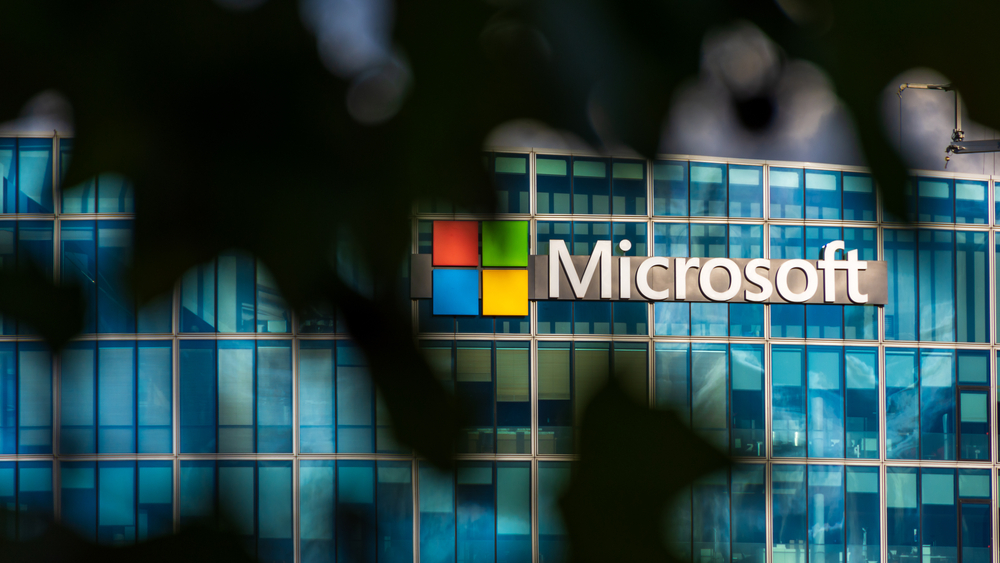According to The Verge, Microsoft and Intel have differing views on the sufficient characteristics of personal computers capable of working with Microsoft’s artificial intelligence systems using the hardware resources of central processing units. Microsoft believes that such PCs must have a dedicated Copilot button on the keyboard.

Microsoft’s Requirements for AI PCs
Microsoft has begun disseminating information about the requirements for computers that OEM partners plan to certify as “AI PCs” to run Microsoft Copilot AI assistant. In addition to having a compatible CPU and graphics, even if integrated, they must also be equipped with a dedicated Copilot key on the keyboard unit. This specification, according to Microsoft, ensures seamless integration and accessibility for users.
Intel’s Perspective on AI-Enabled Laptops
Intel representatives explain that there are already laptops on the market based on the latest processors of this brand, which support the acceleration of Microsoft AI systems but lack a dedicated Copilot key. From Intel’s viewpoint, such laptops are not inferior to certified ones in terms of performance. However, Microsoft may not recognize them as meeting the AI PC status due to the absence of the special key. This discrepancy could impact the promotion of laptops bearing the certified logo, adds NIXsolutions.
Industry-wide AI Integration Efforts
Intel is expanding its program to support software developers integrating AI acceleration features into their solutions using the brand’s new processors. Qualcomm and AMD are also promoting their respective processors designed to accelerate work with AI systems, tailored for different architectures. Qualcomm focuses on the Arm architecture, while AMD offers processors with local AI acceleration. Both companies aim to meet Microsoft’s requirements for AI PC certification.
As the debate continues between Microsoft’s stringent requirements and Intel’s perspective on AI PC specifications, the industry witnesses ongoing efforts from various manufacturers to integrate AI acceleration features into their products. Stay informed as we’ll keep you updated on the latest developments in AI integration.
